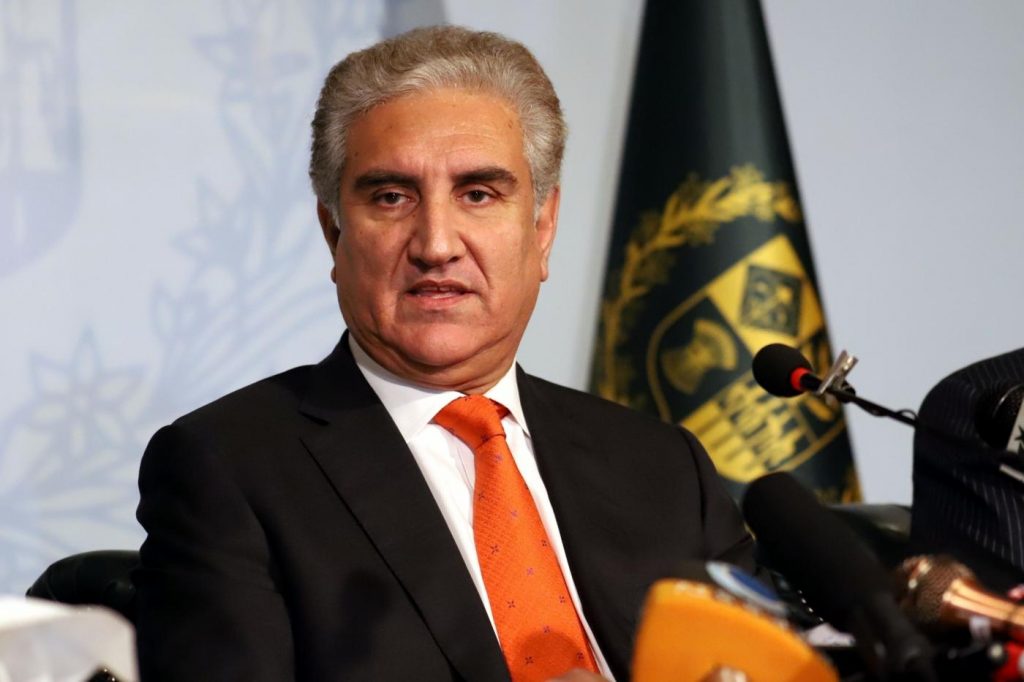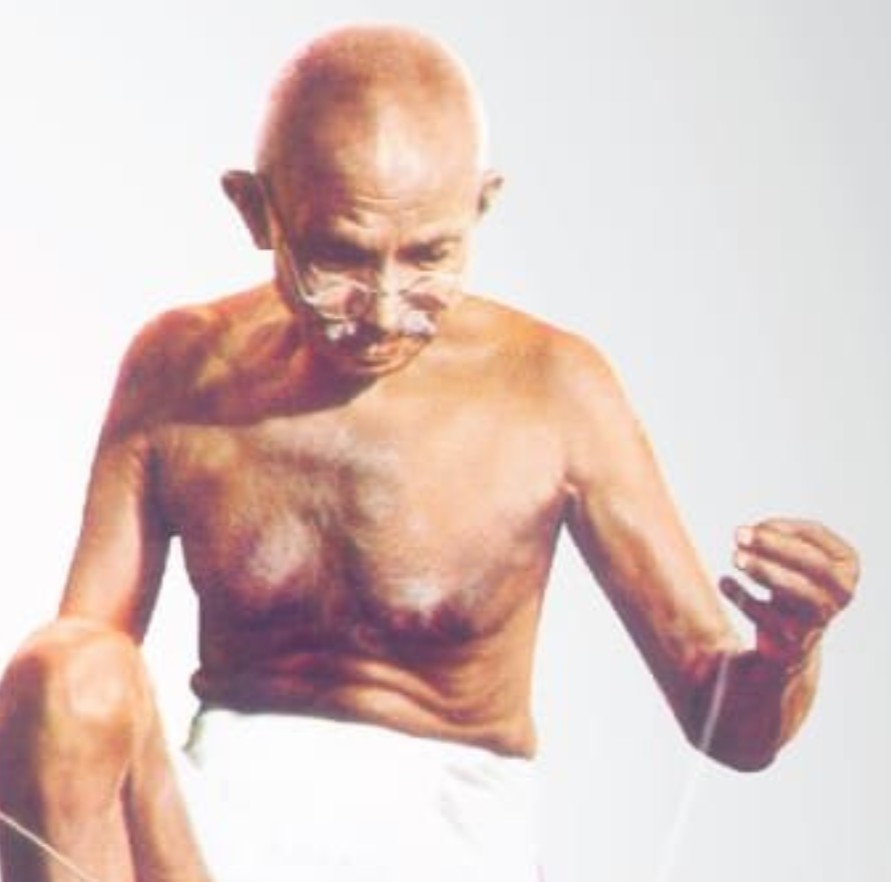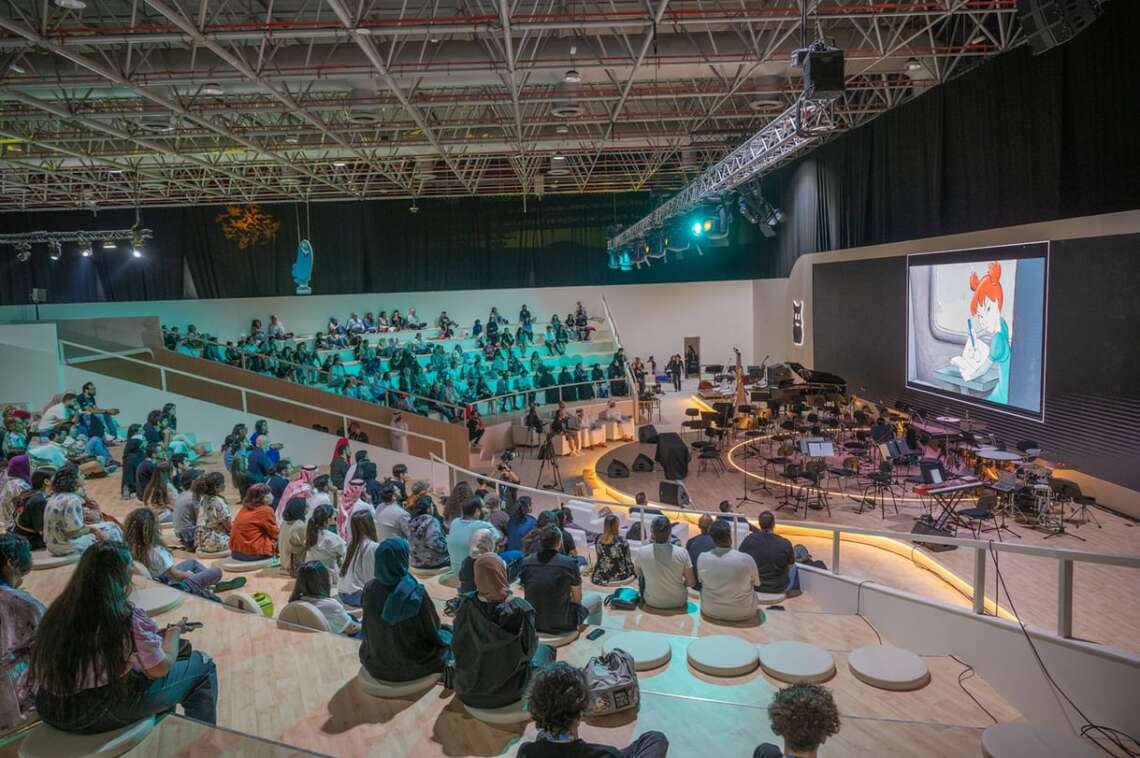Shocked by its worst defeat in parliamentary elections, in which it managed to retain only a lone seat in Karnataka, the Congress has blamed the “polarisation” of votes and an unseen Modi wave for the spectacular performance of rival BJP, which won 25 of the 28 Lok Sabha seats in the southern state…writes FAKIR BALAJI

“Instead of focusing on real issues like joblessness and rural distress, the BJP succeeded in polarising the electorate by whipping up a frenzy in the name of national security following February’s Pulwama terror attack and the air strikes on Balakot in Pakistan thereafter,” Congress’ state spokesman K.E. Radhakrishna told IANS.
As part of a pre-poll seat-sharing arrangement with its ruling ally Janata Dal-Secular (JD-S), the Congress contested 21 seats, but lost 20, including eight it won in the 2014 general elections.
The lone seat won by the party is Bangalore Rural, where D.K. Suresh defeated the Bharatiya Janata Party’s Ashwath Narayangowada by 2,06,870 votes. Suresh is the younger brother of state Minister D.K. Shivakumar, who belongs to the politically dominant Vokkaliga community (Gowdas).
Even the JD-S won only one seat, Hassan, the home turf of party supremo H.D. Deve Gowda.
“Between mid-February and mid-April, Prime Minister Narendra Modi addressed 10 rallies in which he invoked security concerns in the aftermath of the terror attacks and India’s surgical and aerial strikes to change the narrative from social and economic issues, while we continued to focus on the ‘Minimum Income Guarantee Scheme’ Nyay, job creation and alleviating farm distress,” said Radhakrishna.
Admitting that the party failed to notice the Modi wave as it was an undercurrent, the official said polarisation of the electorate and “money power” helped the BJP to retain the 17 seats it had won in 2014 and wrest eight from the Congress and the JD-S.
“In our seat-sharing arrangement with the JD-S, we fielded joint candidates for a straight contest against the BJP and tried to ensure that our respective votes do not get divided unlike in a triangular or quadrangular contest. But our pre-poll strategy and calculations failed to work as transfer of our votes between the two allies did not happen,” lamented Radhakrishna.
Karnataka is the only southern state where the saffron party has a stronghold since 2004 when it won 18 seats, followed by 19 in 2009 and 17 in 2014, while the Congress won eight, six and nine, respectively.
“The Congress has lost more than the JD-S in this election by entering into a post-poll alliance with the ally after the May 2018 Assembly elections to keep the BJP out of power although the two parties did not have the mandate to form the coalition government. By fielding joint candidates, it conceded winnable seats like Tumkur to the JD-S for the sake of coalition dharma,” a political analyst told IANS.
The Modi wave was so intense that a veteran Congress leader like Mallikarjun Kharge suffered a humiliating defeat for the first time in his own bastion Gulbarga, a reserved constituency for the Scheduled Castes (SC), which he won in the 2009 and 2014 general elections.
“Every vote for a BJP candidate was meant to be a vote for Modi’s return to power. And the saffron ‘tsunami’ swept away Congress stalwarts like former UPA ministers M. Veerappa Moily in Chikkaballpur, K.H. Muniyappa in Kolar (SC) and three-time winner R. Dhruvanarayana in Chamramajanagar (SC),” said the analyst.
As a Congress-JD-S joint candidate from Tumkur, even Deve Gowda lost to the BJP’s G.S. Basavaraj by a narrow margin of 13,339 votes.
The BJP not only retained its sway in all the three Bengaluru seats, but also won the five seats reserved for the SCs and two reserved for the Scheduled Tribes (STs) — all of which had been traditional Congress strongholds.
“As there is no love lost between the local leaders and cadres of both the parties at the grassroots level, their leaders failed to ensure they campaigned for their joint candidates and voted for them too,” added the analyst.
The Congress’ vote percentage in these elections also declined 9.26 per cent to 31.89 per cent from 41.15 per cent in 2014.
In contrast, the BJP’s vote share increased 7.98 per cent to 51.35 per cent in 2019 from 43.37 per cent five years ago, which in terms of annual growth is a whopping 18.4 per cent from 2014.








